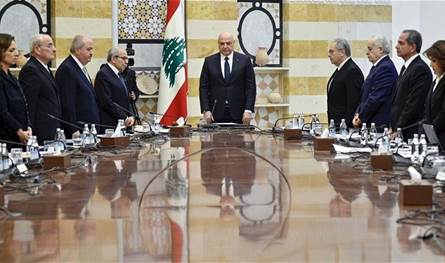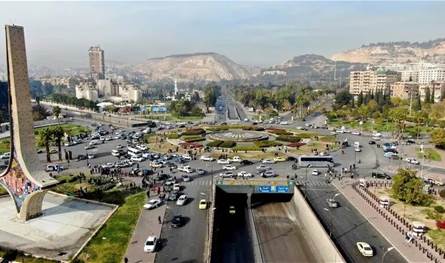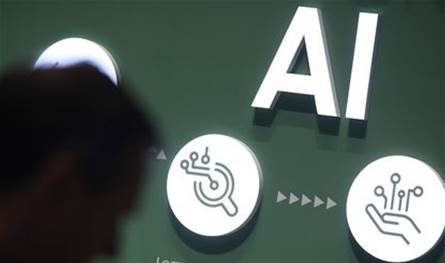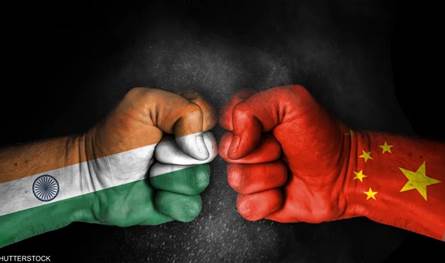Between the basics and luxuries … Lebanon’s commercial balance is tin towards importing
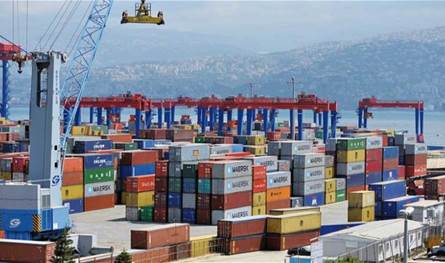
During the first six months of 2025, the figures of the General Directorate of Lebanese Customs drew a clear picture of the nature of the Lebanese economy based on import, as the numbers revealed that Lebanon spent billions of dollars on importing various goods, from gold to wheat, through medicines and cars. And if some of these imports are understood and necessary, others raise questions about the nature of the Lebanese economy based on consumption more than production, what are the most prominent products that have been imported?
Gold: the Lebanese haven
Gold ranked first in import with a value of $ 1.368 billion. The reason here is double: on the one hand, Lebanon depends on the gold trade as an active sector for export and re -export, and on the other hand, gold is considered the favorite Lebanese means to protect their savings in light of the collapse of the local currency and the loss of confidence in the banking sector.
Hydrocarbons: Mazoat and gasoline
The diesel ranked second ($ 1.211 billion) and gasoline third ($ 866 million). The reason is known: the electricity crisis in Lebanon has made private generators the source of the basic nutrition for homes and institutions, which raises the demand for diesel. As for gasoline, it is necessary to run millions of cars, in a country that is almost completely dependent on land transport.
Medicines: Health without industry
The imported drug bill amounted to 370 million dollars, due to the absence of the local pharmaceutical industry capable of covering the market need, in addition to the great demand for chronic and incurable medicines that cannot be manufactured in Lebanon.
– New and used cars
Lebanon imported new cars worth 237 million dollars, along with used cars of $ 47 million and hundreds of millions. The reason is the absence of any local cars industry, in addition to the fact that cars are an investment and a means of transportation in a country that lacks effective public transport.
Food: Importing Basics
Although Lebanon is an agricultural country in the first place, the import list reveals the size of the food deficit:
• Wheat ($ 73 million): Because local production is insufficient, and the state depends on importing grains to secure bread.
• An atom ($ 67 million) and soybeans ($ 56 million): it is imported for use as animal feed in the poultry and livestock sector.
• Rice ($ 30 million): a basic commodity on the Lebanese table, but it is not locally grown in sufficient quantities.
• Potatoes (30 million dollars): Although they are cultivated in the Bekaa and Akkar, domestic production does not cover the need or is affected by the seasons.
• Sesame, salt and spices: It is included in the food industries, especially the confectionery and bread industry.
Meat: fresh and frozen
Lebanon imported fresh or refrigerated meat ($ 54 million) and frozen meat ($ 38 million). The reason is the decline in livestock locally, and the high cost of production compared to import.
Industrial and construction materials
Hadid (147 million dollars) and wood ($ 27 million): necessary for the construction sector, which depends almost entirely on import.
• Tiles ($ 26 million), glass and packages ($ 22 million): used in finishing and industrial packaging.
Chemicals ($ 30 million): It is included in several food, medical and agricultural industries.
Luxuries and luxury
Even among crises, the luxuries of Lebanon’s imports did not disappear:
• Dreams ($ 54 million), jewelry and jewelry ($ 37 million): due to the continued jewelry market as an active and externally active sector.
• Cosmetics ($ 28 million): It reflects the great demand of the Lebanese for care and beauty products.
Furniture ($ 19 million): Although there are local workshops, the European and Turkish character is still desirable.
Alternative energy
It is striking that the import of solar power panels ($ 26 million). It is a natural development after the collapse of the Electricity Corporation, as thousands of families and companies resorted to alternative energy to secure their need from the current.
So, according to the numbers, Lebanon is a country that consumes more than it produces, and depends on its basics on the outside, from the loaf to gasoline, and from the medicine to electricity. It is a reality that sheds light on the danger of the absence of solid agricultural and industrial policies, and pushes the question: How long will the Lebanese economy remain “mortgaged” for the import port?
The post Between the basics and luxuries … Lebanon’s commercial balance is tin towards importing APPEROD First on 961 tobay Lebanon today.






